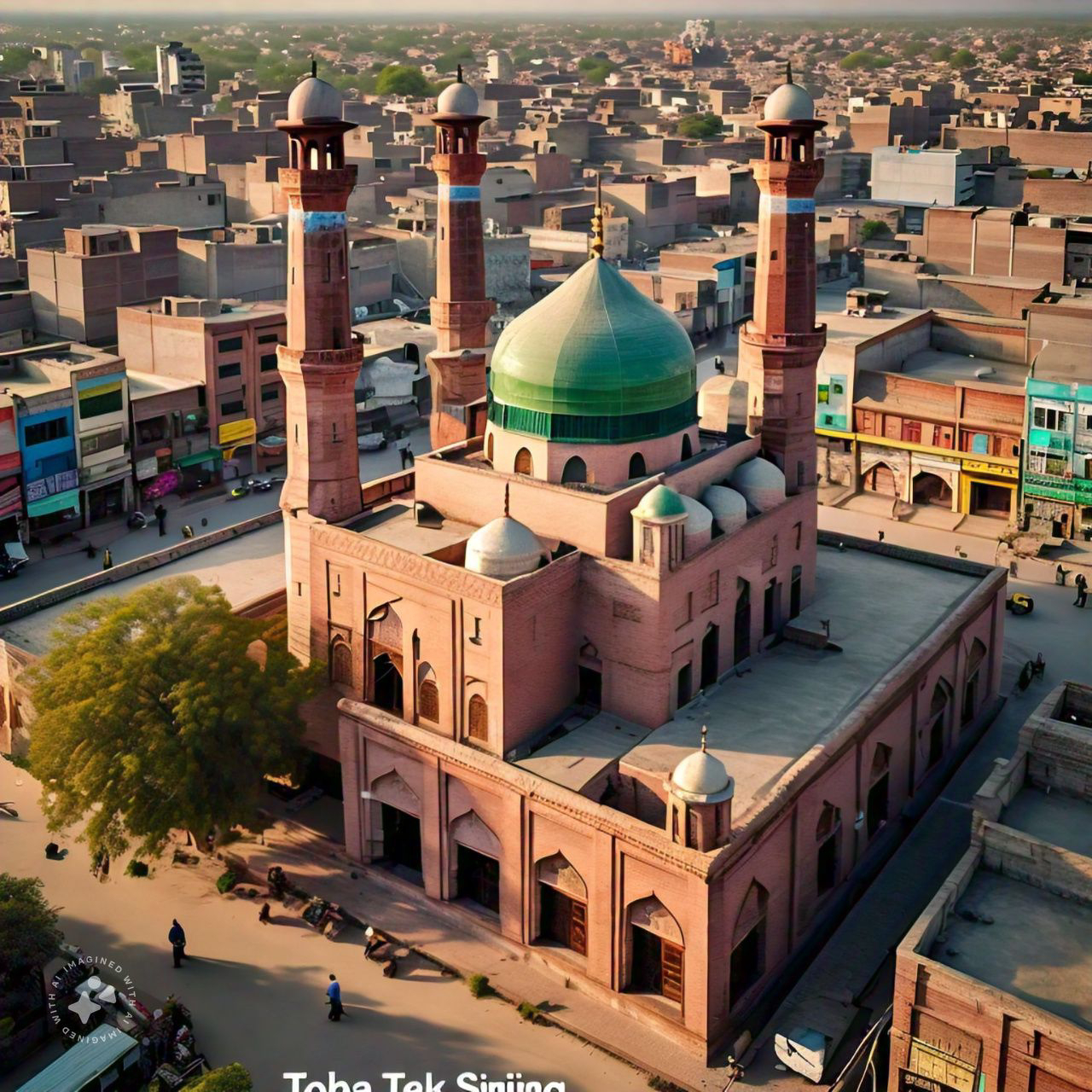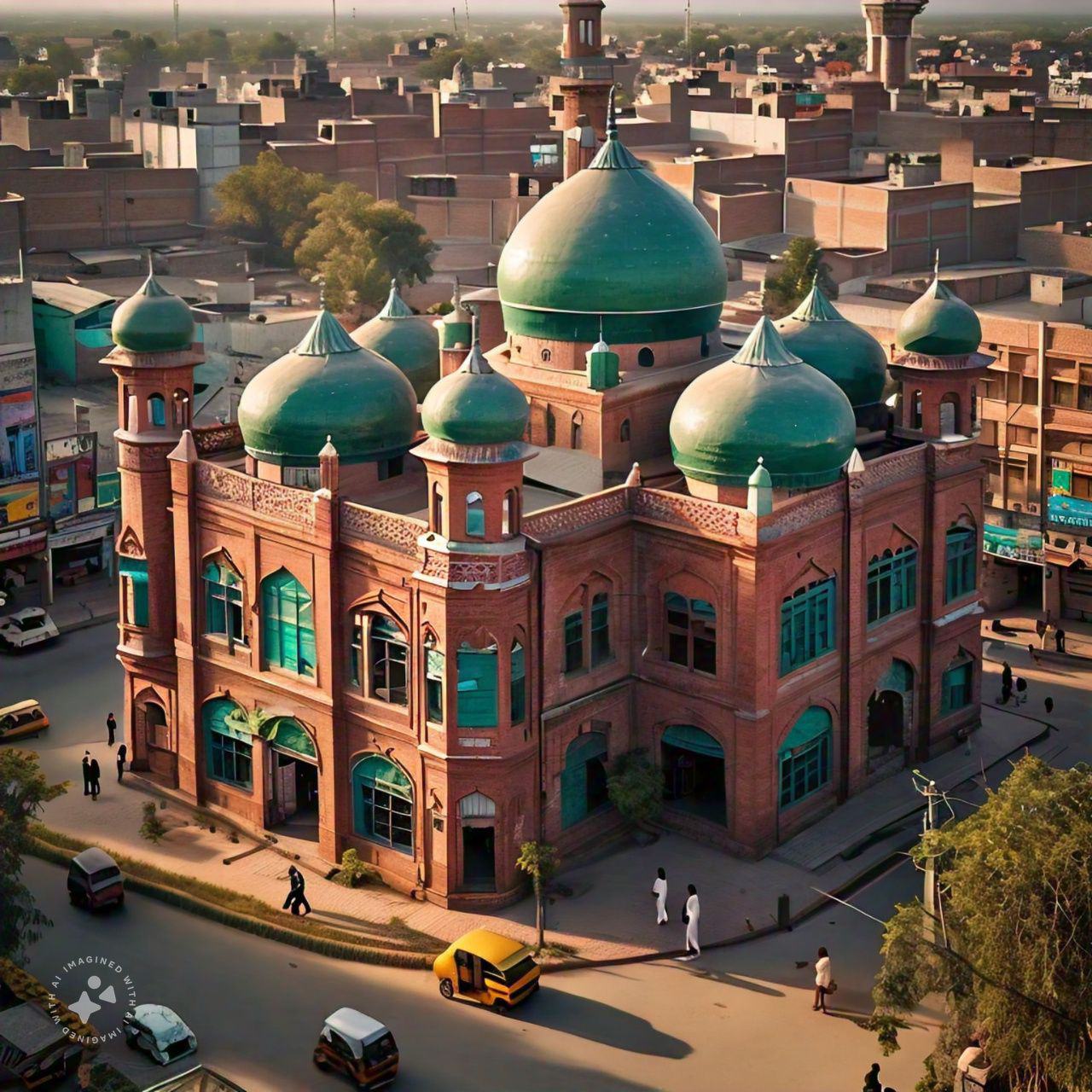The history of Toba Tek Singh, a city in Punjab, Pakistan, is rich and multifaceted, spanning several eras and cultural transformations.
Ancient and Medieval History
Pre-Colonial Period:** The area that is
now Toba Tek Singh has a long history dating back to ancient times. It was part of the region known historically as the Punjab, which saw various civilizations and empires, including the Indus Valley Civilization, the Maurya Empire, and later the Gupta Empire.- **Medieval Era:** During the medieval period, the region was ruled by various dynasties, including the Ghaznavids, the Delhi Sultanate, and the Mughal Empire.
British Colonial Period
Establishment: Toba Tek Singh was established as a city during the British colonial period. It was named after a compassionate Sikh saint, Tek Singh, who is said to have cared for travelers and locals by providing them with water and shelter. "Toba" means a pond, indicating that Tek Singh had a pond where he offered water to the weary.
Development The British developed
the area as part of their canal colonization schemes in Punjab. The introduction of canal irrigation transformed the area into a fertile agricultural region. The establishment of railway lines further boosted its importance.Post-Independence
Partition of India (1947) The
Partition of India (1947) The of India and the creation of Pakistan in 1947 led to significant demographic changes in Toba Tek Singh. The Sikh and Hindu populations migrated to India, while Muslim refugees from India settled in the city.Modern Era Today, Toba Tek Singh is a thriving agricultural and commercial hub in Punjab, Pakistan. It is known for its fertile lands and produces a variety of crops including wheat, sugarcane, and various fruits and vegetables. The city has grown significantly in terms of infrastructure, education, and healthcare.
Cultural Significance
Saadat Hasan Manto's Story The city gained literary fame through Saadat Hasan Manto's short story "Toba Tek Singh." The story, set during the partition of India, explores the madness and absurdity of the arbitrary division through the experiences of an inmate in a mental asylum, highlighting the human cost of political decisions.
Toba Tek Singh continues to be a symbol of resilience and transformation, reflecting the broader historical and cultural shifts in the region.



Comments
Post a Comment